Black tea is a type of tea that undergoes processes such as rolling, fermentation, and drying, especially fermentation, which leads to a series of biochemical changes in the tea's components, giving it the characteristic qualities of red liquor, red leaves, and a red color. It is called black tea because the green leaves turn red after fermentation, and it is also known as fermented tea. The taste and style of black tea are quite different from green tea. While green tea is valued for maintaining its natural green color, black tea is prized for its bright red hue. Many people who prefer the light taste of green tea are reluctant to try the strong and robust flavor of black tea, finding it too bitter and lacking the delicate essence of tea. However, the heavy taste of black tea is its distinguishing feature and advantage, making it particularly suitable for consumption in autumn and winter.
Drinking green tea on an empty stomach can cause discomfort in the stomach because the important substance in tea, catechins, has astringent properties and can irritate the stomach, especially when consumed on an empty stomach. On the other hand, black tea is produced through fermentation and baking, which reduces the catechin content as a result of enzymatic oxidation. This reduction in catechin content also reduces its irritant effect on the stomach. In addition, the oxidation products of these catechins can promote digestion in the human body. Therefore, black tea not only does not harm the stomach but also has a nourishing effect on it. Regular consumption of sweetened black tea or black tea with milk can have anti-inflammatory effects and protect the gastric mucosa. It can also be somewhat effective in treating ulcers.
Many people are not accustomed to the bitter taste and strong color of black tea. To make black tea milder, the key is to adjust the amount of tea leaves and water used. Generally, 3-5 grams of tea leaves are sufficient, and those who prefer a milder taste can use even less, ensuring a tea-to-water ratio of 50:1. Black tea is not suitable for drinking when cold because this can affect its warming effect and may decrease its nutritional content due to prolonged storage. It is best to use an open cup for brewing black tea and not wait until the cup is empty before adding hot water. It is ideal to add more hot water when there is about 1/3 of water left in the cup to dilute the tea leaves and maintain the appropriate temperature and concentration of the tea. Adding hot water three times to each cup of black tea will result in the best taste.


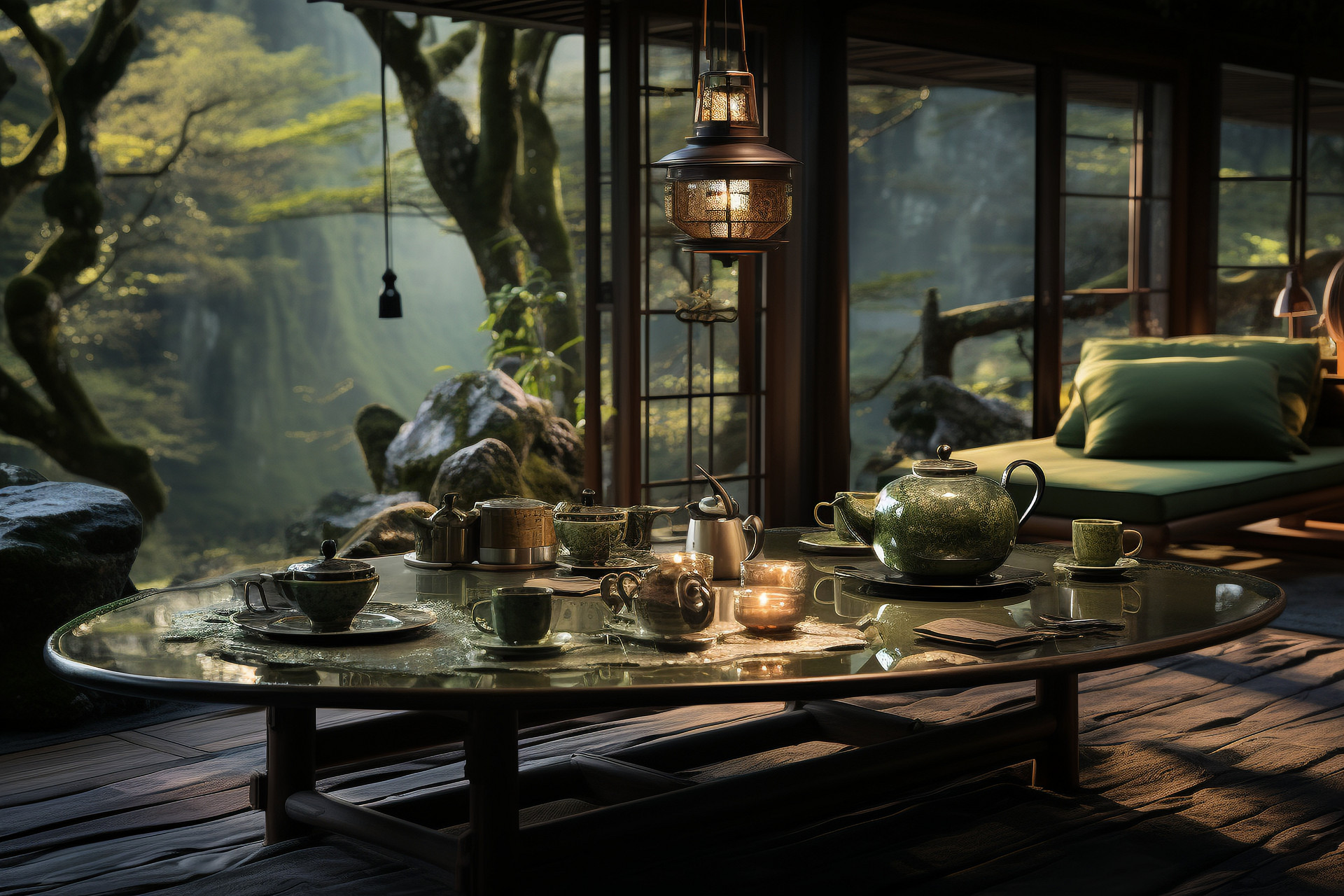

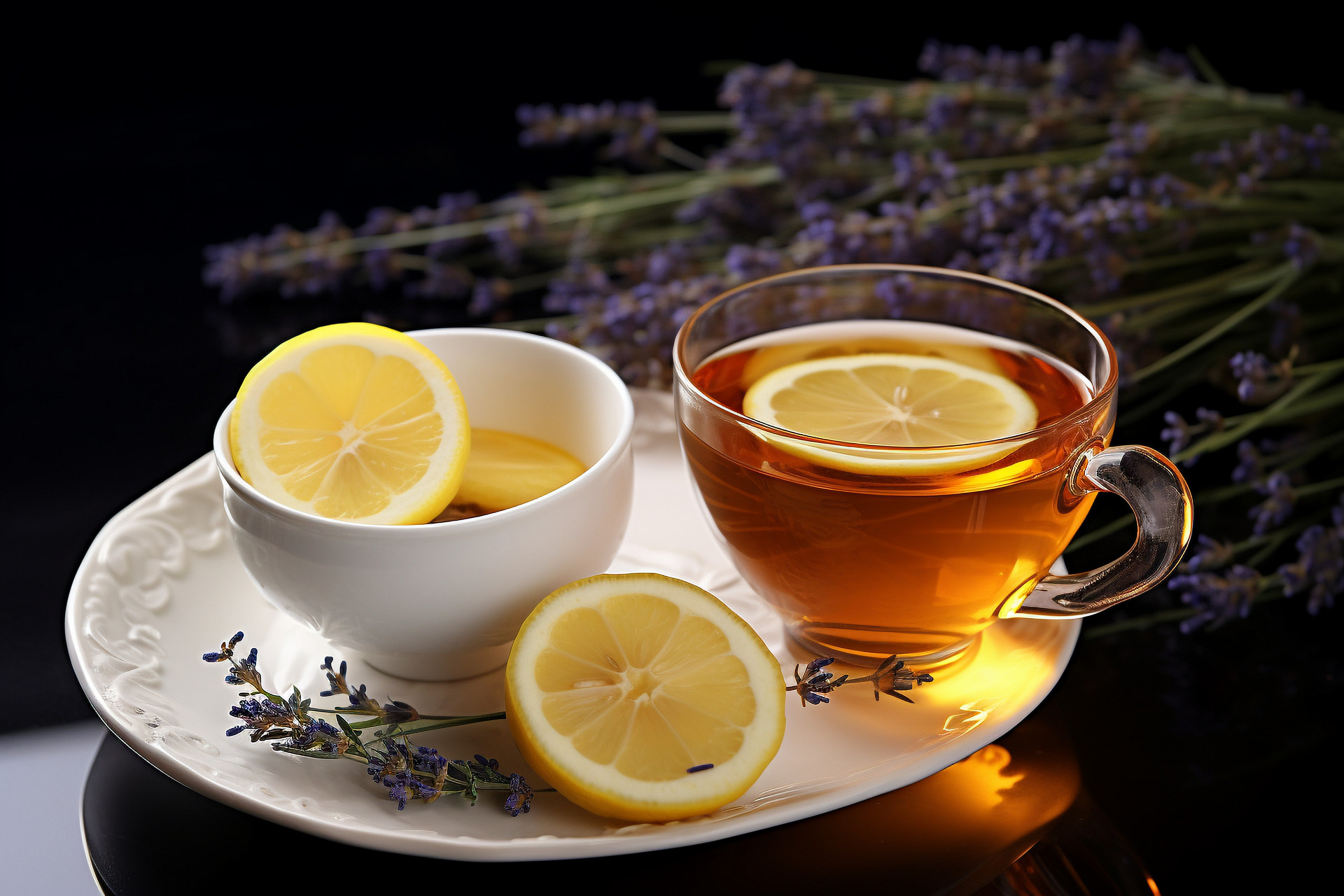
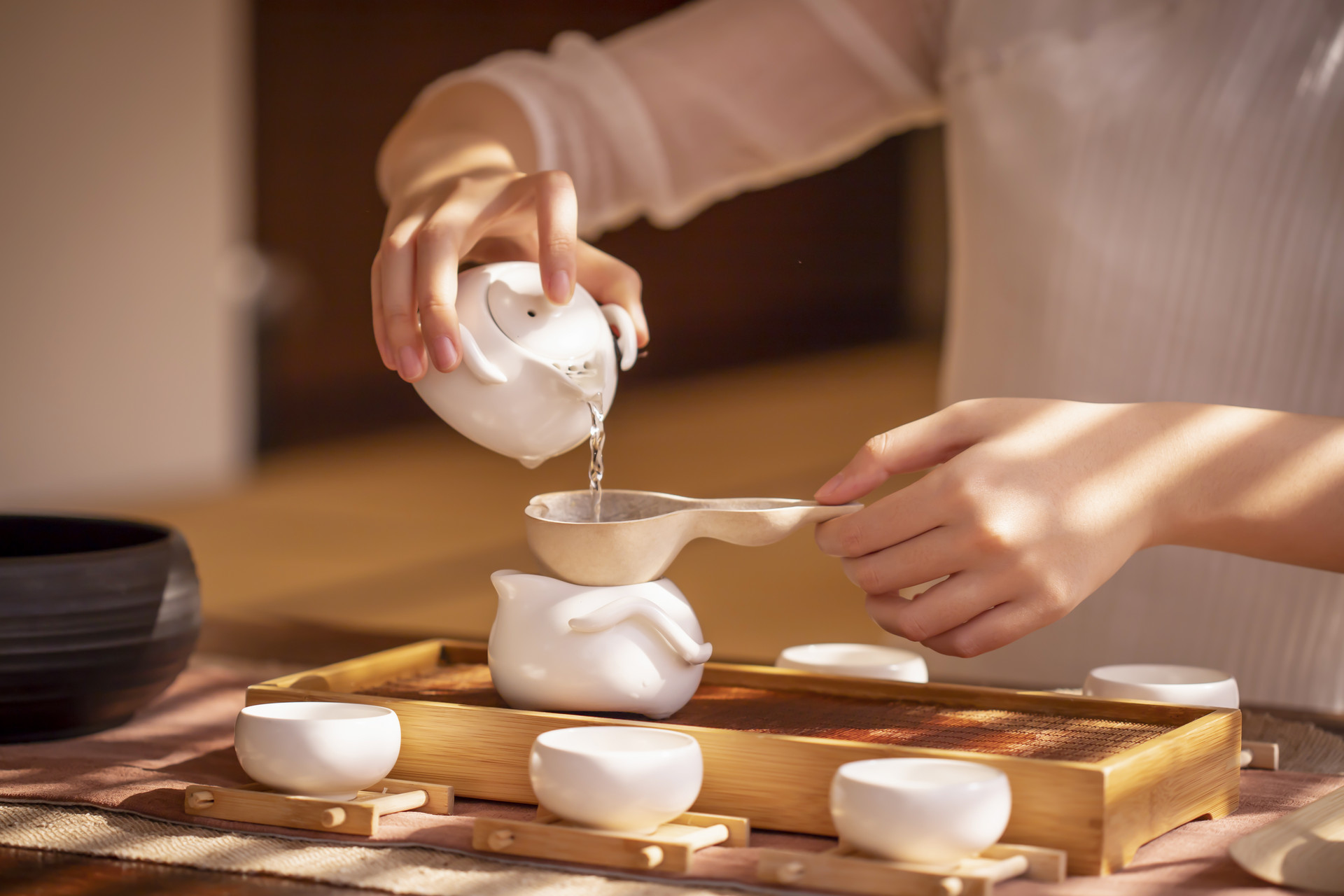
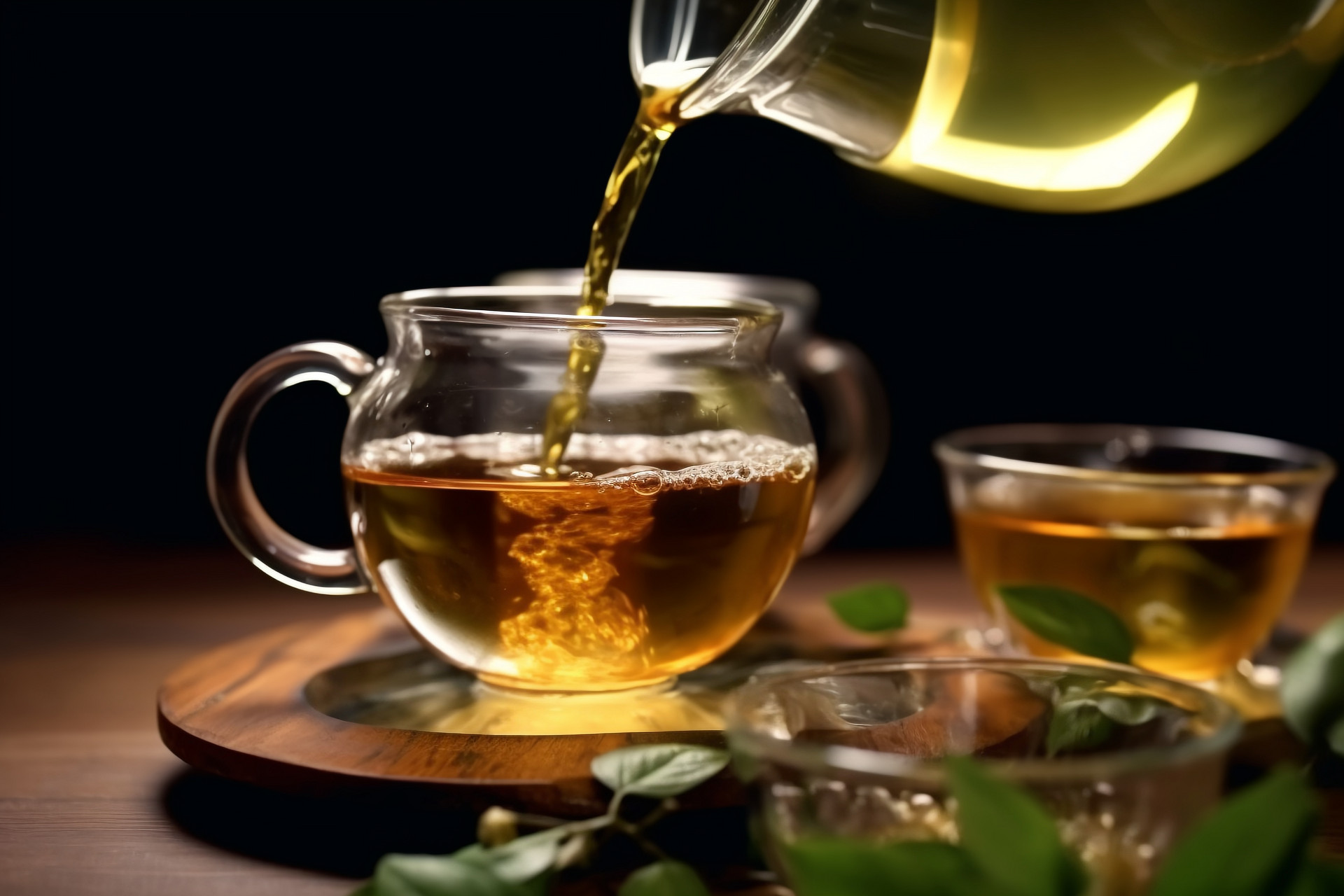

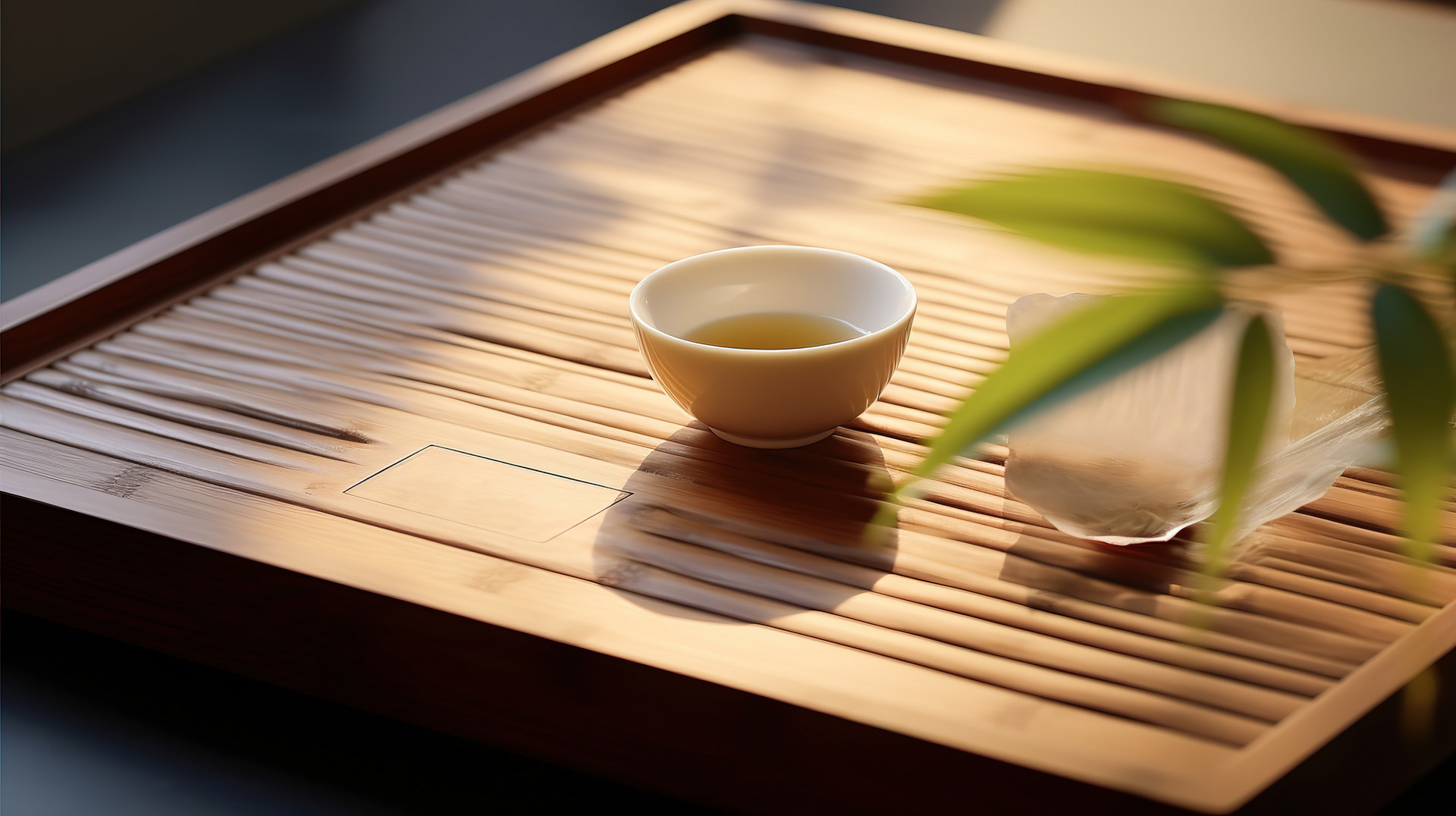
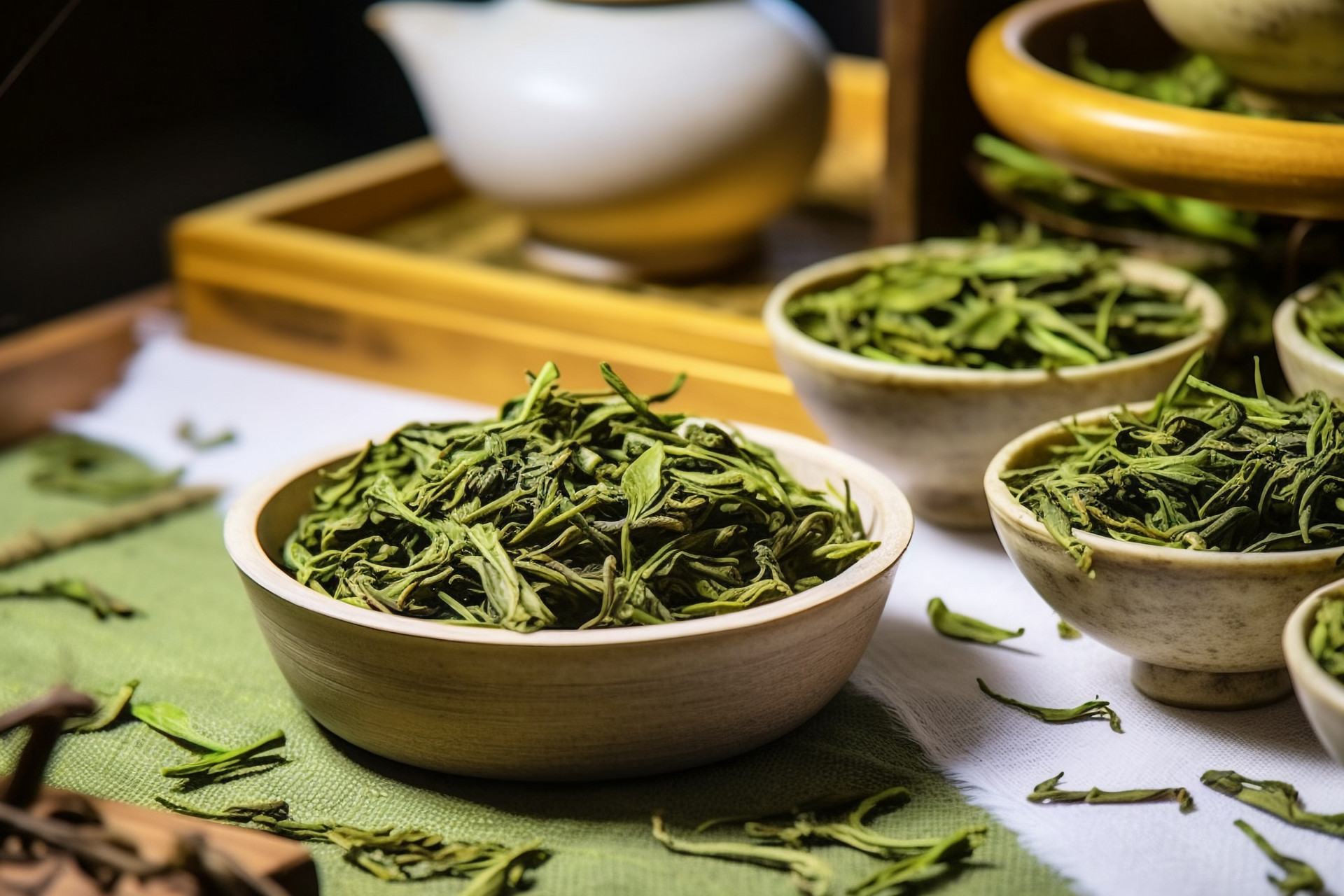
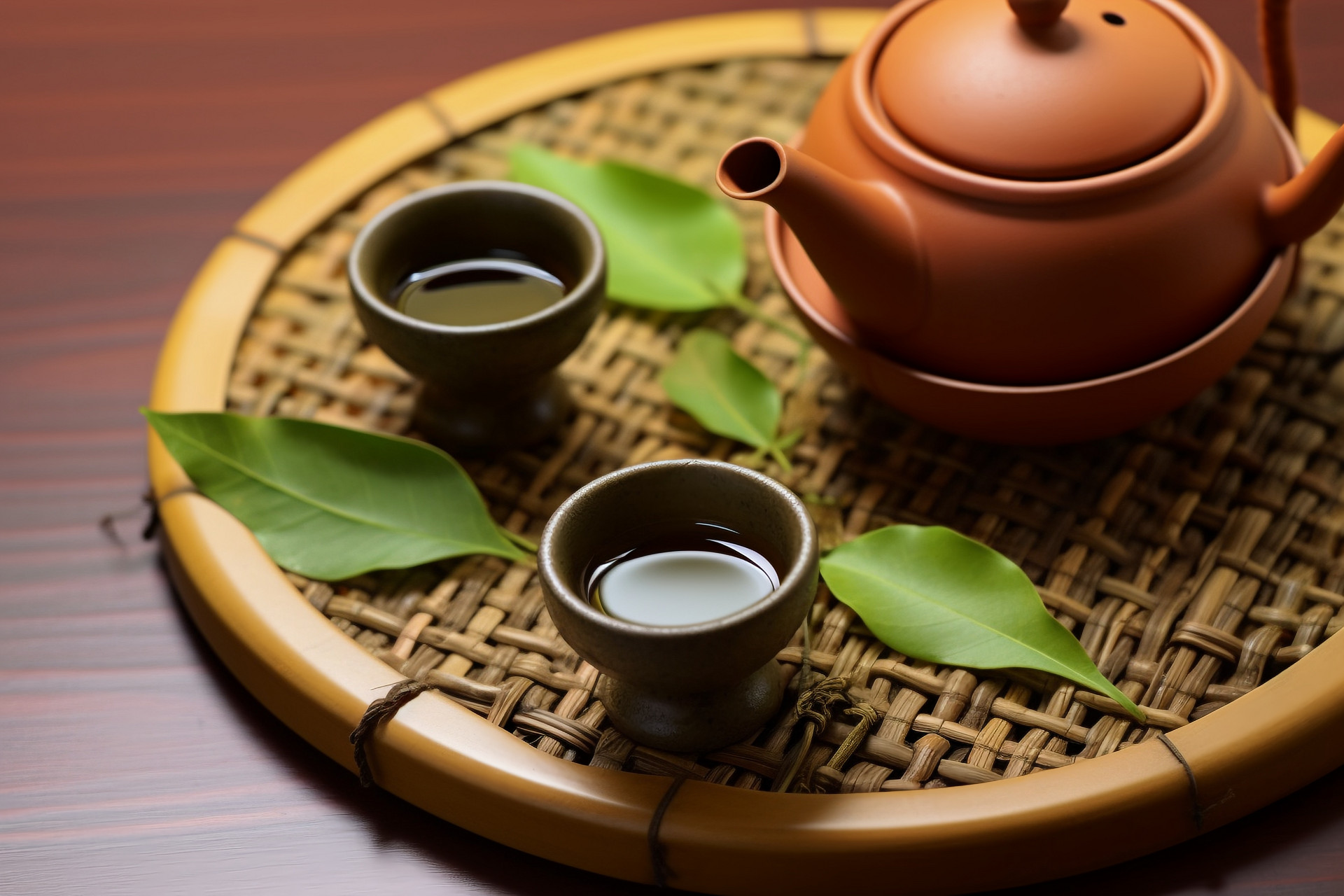
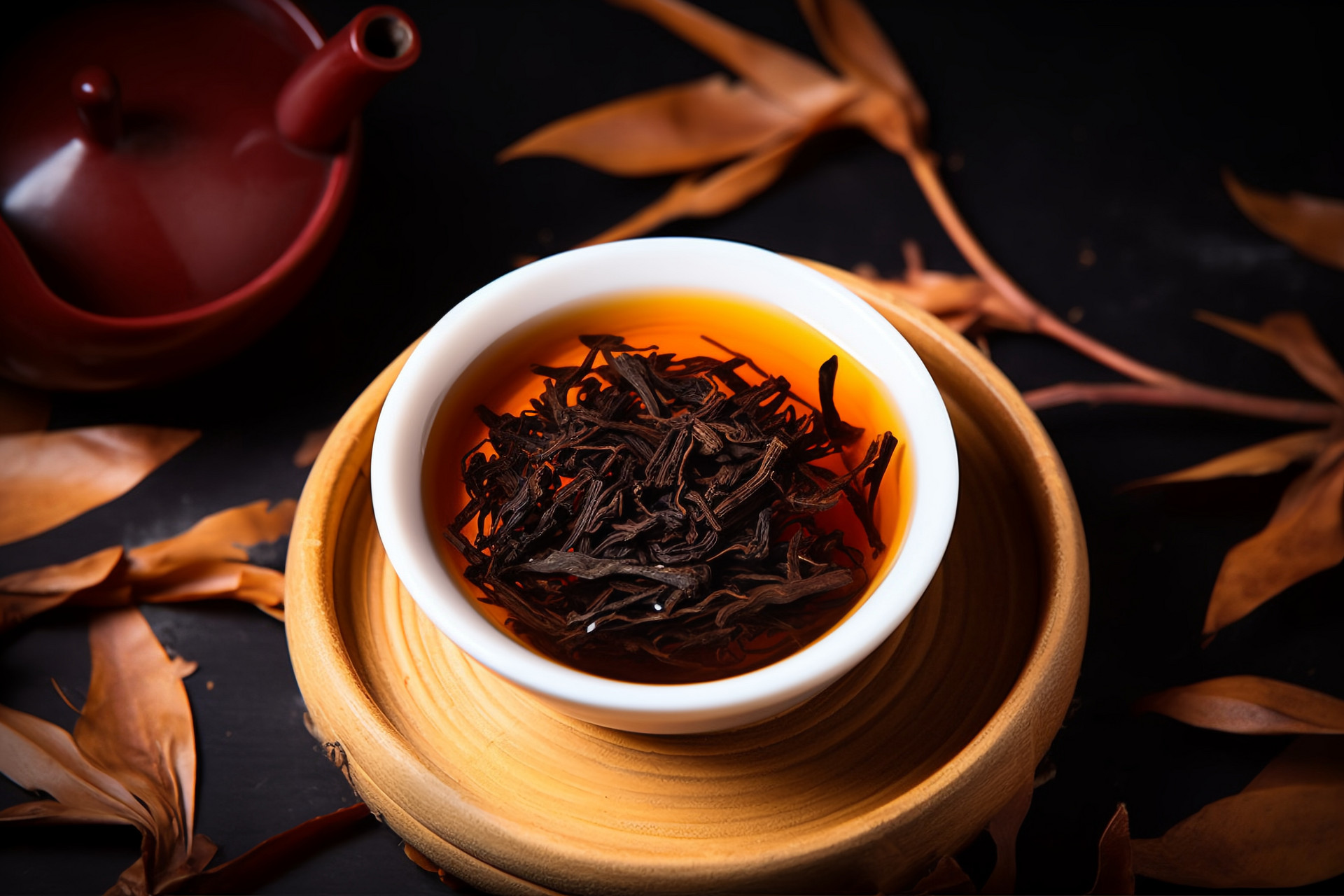
![[Herbal Wine Recipes for Health and Beauty]](https://tcmmaintenance.com/uploads/20240715/7241f6b6eafdaed88c28b26a37213964.jpg)